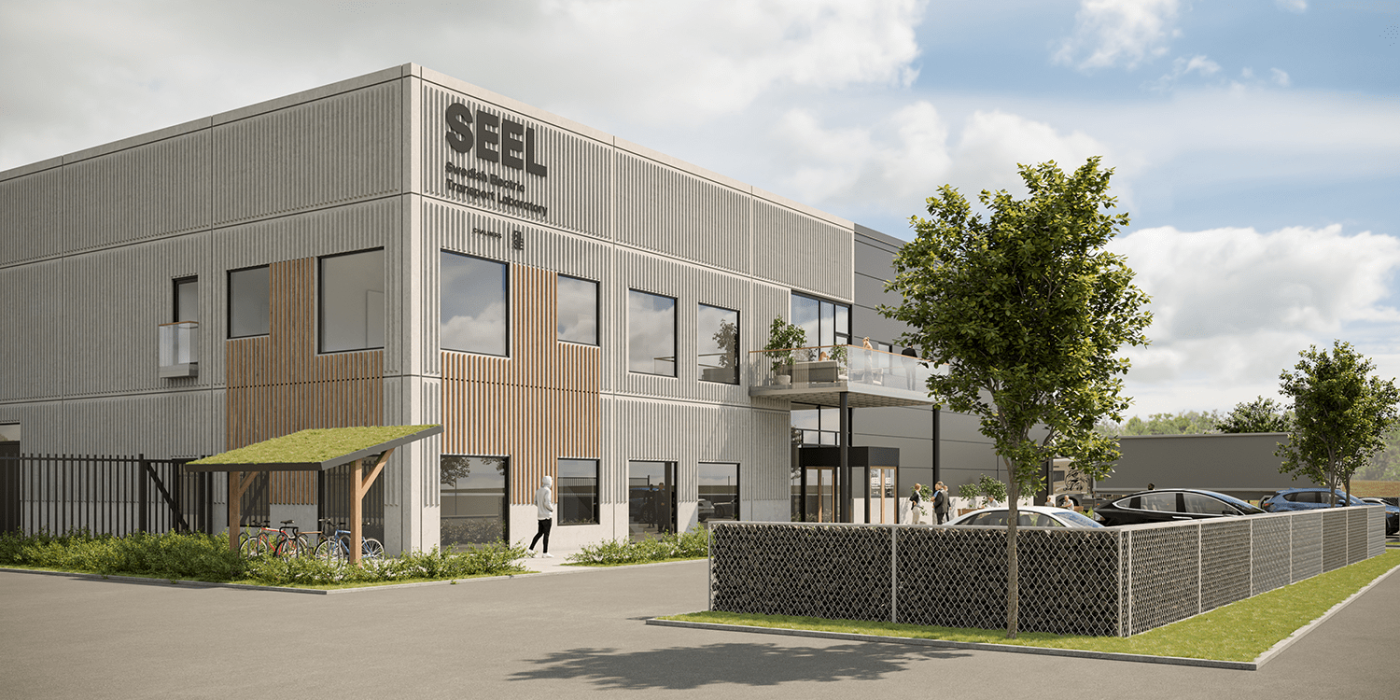Sweden: Emobility testbed SEEL to become even bigger
The ‘Swedish Electric Transport Laboratory’ or SEEL for short, designed to make the country a hotbed for e-mobility, will grow larger than planned. The partners, which include Volvo and Scania as well as Chalmers University of Technology and RISE, now designated three sites.
They want to construct plants in the Swedish cities of Gothenburg, Nykvarn and Borås. Initial reports saw facilities in only Gothenburg – home to the Volvo Group – and Stockholm. With this new extension of the SEEL, investments also increased from 96 million euros to now to 1.3 billion Swedish kronor (around 128 million euros).
With the Chalmers University of Technology and RISE in the lead, some funding comes through the Swedish government. Sweden’s Minister for Business, Industry and Innovation, Ibrahim Baylan, expects the centre to become “an important tool with which the Swedish automotive industry can steer global development towards increased sustainability.” RISE, short for Research Institutes of Sweden, and Chalmers own the project as a 50:50 joint venture.
Industry partners comprise CEVT, Scania, Volvo Cars and the Volvo Group. Simultaneously, SEEL is open to cooperation with players throughout Europe, a claim they just repeated. Unsurprisingly – SEEL is part of one of the two battery IPCEIs created within the EU and a ‘Project of Common European Interest’. The Swedish Energy Agency funds it with 575 million kronor (just over 56 million euros).
The three sites will facilitate testing, including early-stage developments. The partners list electrical drivelines and energy storage and entire systems for propulsion and energy management as testing areas. This means test benches for gearboxes, shaft systems, hubs, electric motors, power electronics, batteries, and fuel cells in concrete components. Typically Swedish perhaps is the outspoken inclusion of maritime applications, the electrification of ships in shorts.
The largest SEEL plant will be in Säve, Gothenburg, covering an area of 13,000 square metres. The planners say this part will focus on heavy industry, i.e. trucks and buses, construction equipment, aircraft and ships. They promise to test “on all types of battery systems, including components from subcontractors.” Sixty kilometres outside Gothenburg, in Borås, they will focus on safety testing related to charging, short circuits, vibrations, mechanical shock, extreme temperatures and fire risks. In Nykvarn near Stockholm, the emphasis of work will be on research and testing in battery technology and dynamic testing of components for heavy vehicles.
Procurement of contracts and equipment is currently in progress. The opening is planned for Q2/2023, about half a year later than initially scheduled.





0 Comments